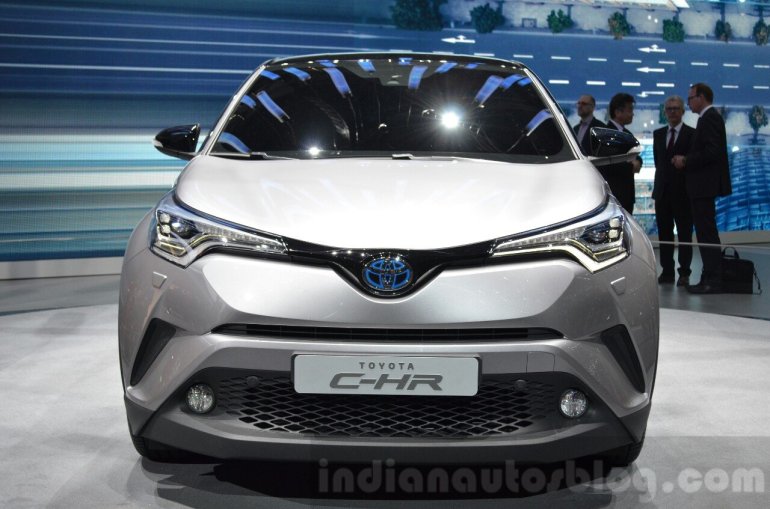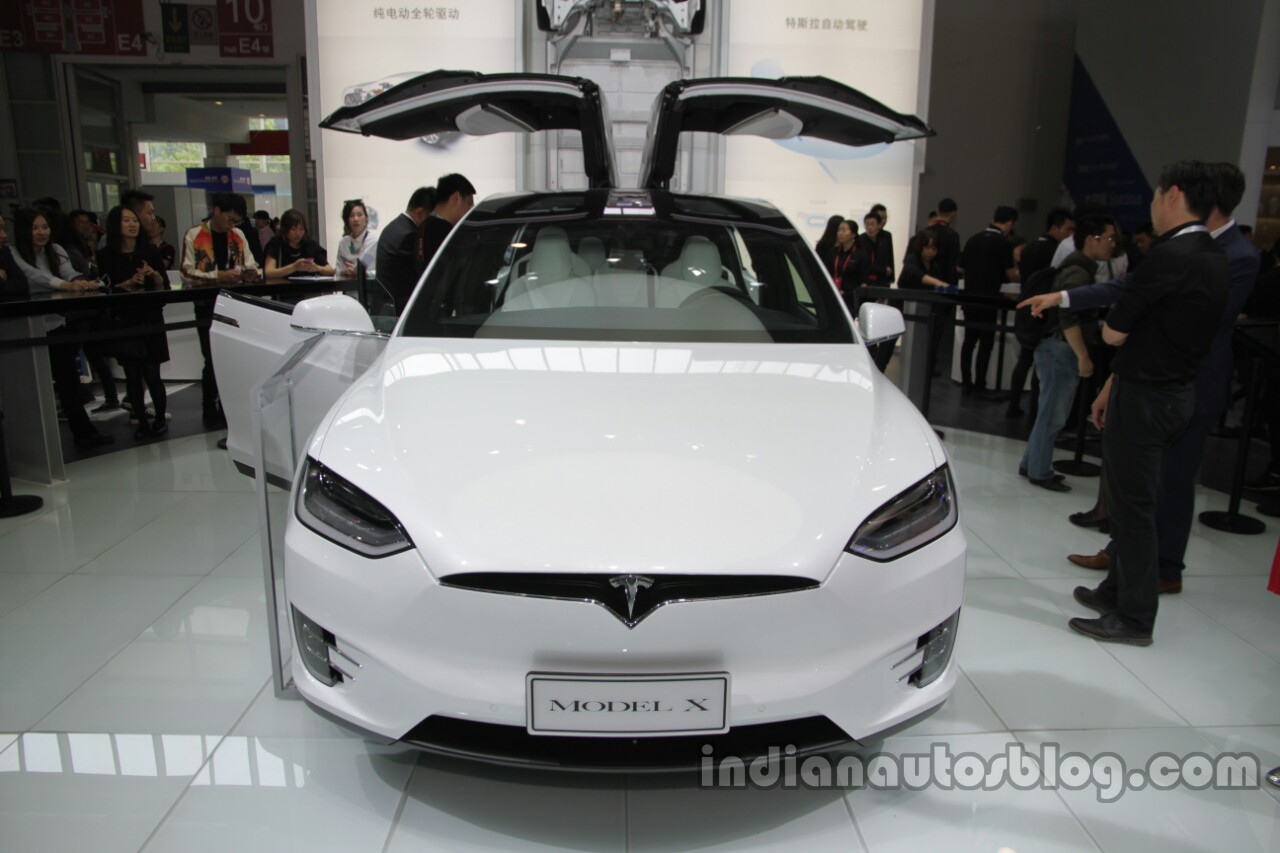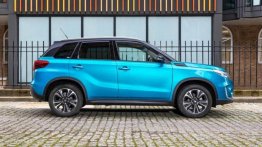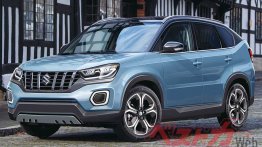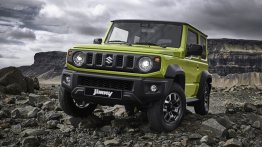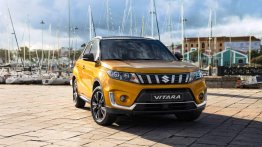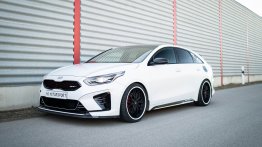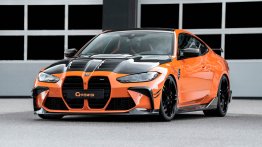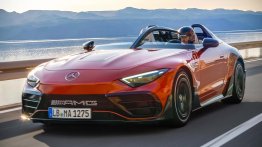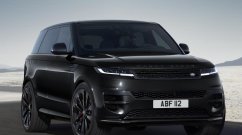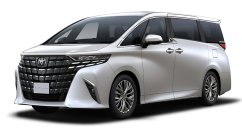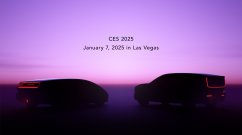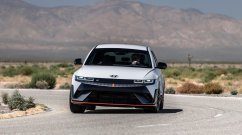While the SUV segments of the Indian car market look all set to heat up in 2019 with the launch of the Tata Harrier, Nissan Kicks, Hyundai QXi, Kia SP2i and the MG premium vehicle, there are renowned SUV models that the Indian buyers will miss out on. Here are six SUVs that you can't purchase in India -
Suzuki Vitara
The current generation Suzuki Vitara recently received a mid-cycle facelift and is available in Hungary (its build market) at a starting price of 48,80,000 forint (INR 12.74 lakh). While the current Vitara, which could have been a worthy rival to the Hyundai Creta, has been spotted in India on numerous occasions, it won't be launched here anytime soon. Instead, the next-gen model will reportedly debut at the Auto Expo 2020 and will be introduced in India before the turn of the decade.
With the introduction of the facelift, the current-gen Vitara has gained a K10C 1.0-litre Boosterjet turbo-petrol engine that produces 82 kW (111 PS) and 170 Nm (with 5-speed manual transmission)/160 Nm (with 6-speed automatic transmission). The new model replaces the M16A 120 hp-156 Nm 1.6-litre motor available earlier. Other engine options include a K14C 1.4-litre turbocharged BoosterJet that offers 140 hp and 220 Nm, and a 1.6-litre D16AA diesel motor with 115 HP-320 Nm on tap.
Toyota Rush
While there have been plenty of rumours about the second-gen Toyota Rush being India-bound, those will be rumours only. Internationally, the present generation Rush is on sale in 5- and 7-seat versions. The only engine option on offer is a 1.5-litre VVT-I petrol motor that is paired with a four-speed automatic transmission. The motor outputs 103 hp and 136 Nm.
While the previous generation of the Rush has been spotted testing in India on numerous occasions, the carmaker has no plans of introducing the latest version of its globally successful SUV in the Indian market. Instead, the manufacturer will be seen rolling out a Toyota-badged Maruti Vitara Brezza to fill the void between the Etios and the Yaris.
Toyota C-HR
Another Toyota SUV that has been spied testing on the Indian roads but won't launch here is the C-HR. The Toyota C-HR that has been spotted on the Indian soil could be here for a part supplier or to help its manufacturer test the hybrid powertrain in the challenging Indian road conditions. The C-HR is powered by a 125 PS THS II powertrain which comprises a 98 PS 1.8-litre petrol engine and a 72 PS electric motor.
The Toyota C-HR isn't a part of the company's immediate plans for the Indian market as its TNGA (Toyota New Global Architecture) scalable platform and the hybrid powertrain will lead to a high price tag.
Mazda CX-5
Another SUV that has been spotted in India but won't be launched here is the Mazda CX-5. While the previous generation model was spied here in 2012, the test mule was simply a part of the company's global testing program. The second-gen model was released in 2016 and is available in international markets with three engine options - SKYACTIV-G 2.0 petrol, SKYACTIV-G 2.5 petrol and SKYACTIV-D 2.2 diesel.
All the motors are paired with a 6-speed SKYACTIV-DRIVE automatic transmission. The 2.5-litre petrol and the 2.2-litre diesel motors feature all-wheel-drive hardware. The CX-5 won't be introduced in the local market as Mazda is yet to launch its Indian operations.
Nissan Patrol
While the Nissan Patrol made its Indian debut back in 2015, the full-size luxury SUV doesn't look like it will go on sale. Multiple units of the SUV that were brought to India were a part of Nissan India's tenth-anniversary celebrations. The Patrol is a petrol-only model that features a 5.5-litre V8 motor and the low demand for the petrol-powered SUVs has acted as a deterrent.
Tesla Model X
The Tesla Model X has been privately imported into the country by film stars and industrialists. That said, the all-electric SUV is far from its Indian launch as its carmaker is yet to finalize its plans for an Indian entry. In the UK, the Tesla Model X has a starting price of GBP 88,188 (INR 75.73 lakh). The Tesla Model X offers multiple powertrains and seating configuration options.
Tesla claims that the Model X provides 40% more interior space than an Audi Q7. The three variants on offer are the 75D, 90D and P 90D. All-wheel-drive hardware is a standard feature.







